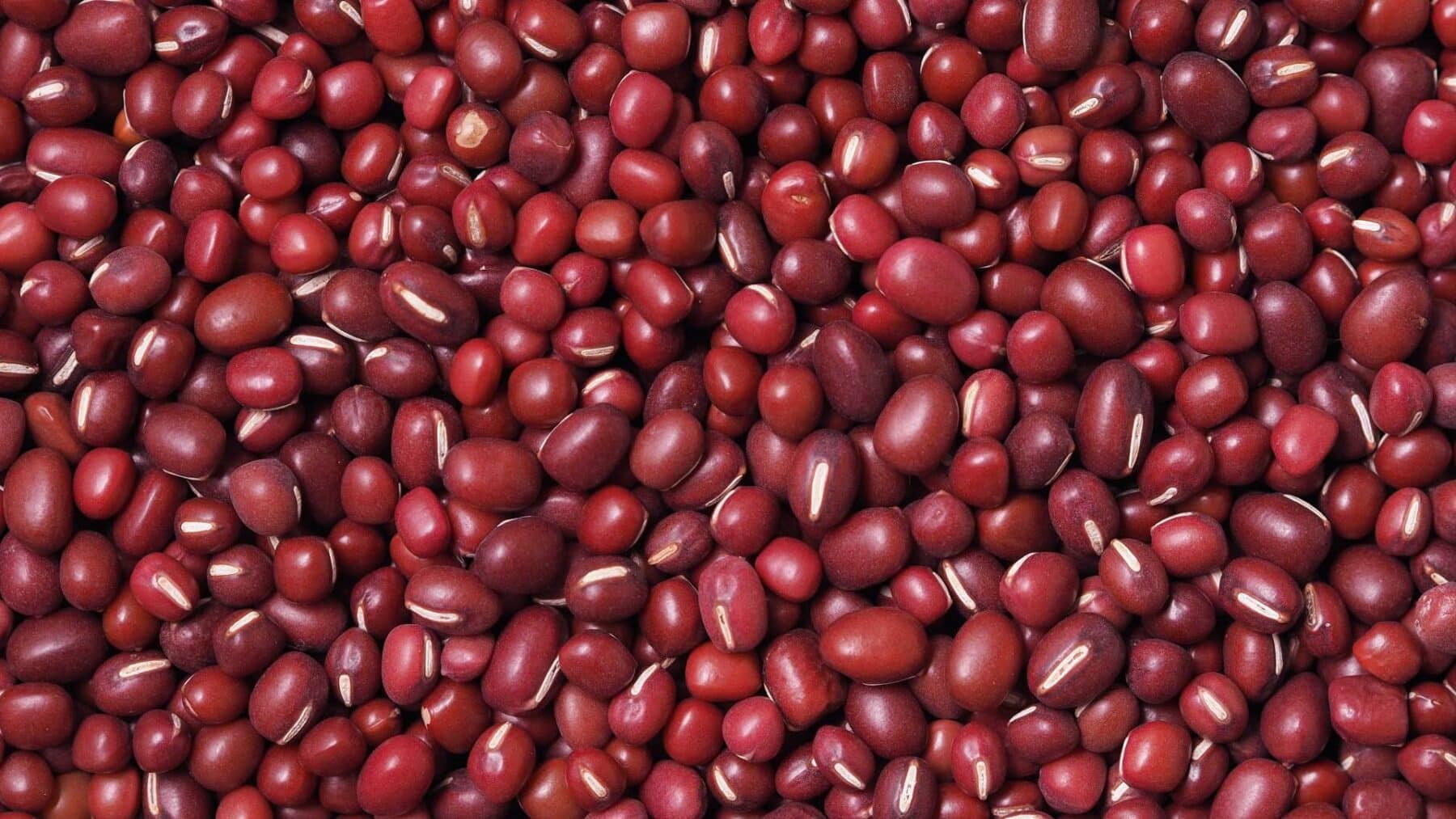Testosterone—the primary male sex hormone—is like jet fuel for men’s health and vitality. It’s no wonder guys are willing to try all sorts of pills, powders, and therapies to salvage (and boost) this hormone. In fact, the global testosterone replacement therapy (TRT) market recently passed $2 billion.
But could boosting your T levels be as simple as adding zinc to your supplement regimen?
Zinc, an essential mineral, has been touted as a natural testosterone booster for decades. And while there is clinical evidence to suggest zinc can effectively raise men’s testosterone levels, it’s not exactly a miracle mineral that turns you into Superman.
In this article, we’ll explore the link between testosterone and zinc, how this mineral might boost your T levels, and how to ensure you get enough zinc in your daily diet.
Testosterone and Zinc: What’s the Link?
Zinc is a mineral that plays an important role in the male reproductive system and the endocrine system, which regulates hormone production—and one of those hormones is testosterone. Put simply, zinc helps bind testosterone to hormone receptors.
But here’s the twist: Your body can’t make zinc on its own. Accordingly, if you don’t get enough zinc from your diet, your testosterone levels could sink below normal. A 1996 study in Nutrition determined that moderate to severe zinc deficiency was associated with hypogonadism: a condition where the testicles don’t produce enough testosterone.
When the researchers restricted dietary zinc for young men, they found that their serum testosterone concentrations became significantly lower after 20 weeks.
“Zinc may play an important role in modulating serum testosterone levels in normal men,” the authors concluded.
Does Zinc Increase Testosterone Levels?
Increasing your zinc intake may, in turn, increase your testosterone production. However, if you’re already meeting your recommended daily zinc intake, zinc supplements probably won’t make your testosterone levels soar.
In the study we referenced above, zinc-deficient men who took zinc supplements for 3-6 months significantly increased their serum testosterone levels. This suggests that zinc supplements could be a first line of defense against low testosterone (AKA “low T”).
However, a study from 2007 in the European Journal of Clinical Nutrition found that zinc supplementation didn’t make a difference in men’s testosterone levels when they already consumed enough zinc from their diet.
Bottom line: Zinc has solid potential to increase your testosterone levels if you have a zinc deficiency to begin with.
It’s estimated that 12% of the US population is at risk for zinc deficiency, so it may be worth getting your zinc levels checked if you experience symptoms of low testosterone, such as:
- Reduced muscle mass
- Low sex drive
- Erectile dysfunction
- Hot flashes
- Difficulty concentrating
How Much Zinc Do You Need to Increase Testosterone?
Adult men should aim to get 11 milligrams of zinc every day. However, athletes and active individuals might need more, since you can lose zinc through sweat and other bodily fluids.
There’s no evidence that consuming extra zinc will increase your testosterone levels. In fact, too much can lead to zinc toxicity (more on that later).
Keep in mind, the benefits of zinc extend far beyond supporting healthy testosterone levels. This mineral also boosts your immune system, improves wound healing, and regulates your metabolism.
How to Increase Your Zinc Levels to Boost Testosterone

If you’re looking to increase your zinc intake to support healthy levels of testosterone, there are two main options: eating zinc-rich foods and taking dietary supplements.
1. Eat Foods Rich in Zinc
Here’s a list of high-zinc foods you can add to your grocery list:
- Oysters
- Beef
- Chicken
- Pork
- Crab
- Beans
- Nuts
- Oatmeal
- Nuts
- Yogurt
- Fortified bread and breakfast cereal
2. Take a Zinc Supplement
Zinc supplements are a fast, easy, effective way to boost your zinc levels—especially if you struggle to get enough of the mineral from food sources alone.
Most multivitamins deliver the recommended daily amount of zinc, or you can take a standalone zinc supplement. You can even get a micro-dose of the mineral when you brush your teeth with this zinc-infused toothpaste.
Zinc Isn’t Magic, But It’s Mandatory
Keep in mind, it’s important to be cautious when supplementing with any mineral. Taking more than 40 milligrams of zinc per day can cause zinc toxicity. Symptoms of zinc toxicity include nausea, vomiting, and diarrhea.
Zinc might not be a magic bullet to boost your testosterone levels (unless you have low zinc levels). That said, it can certainly play a role in supporting healthy levels of the hormone.
If you’re looking to boost your testosterone levels naturally, consider increasing your zinc intake through dietary sources or supplements, and be sure to address other lifestyle factors that impact hormonal balance.
